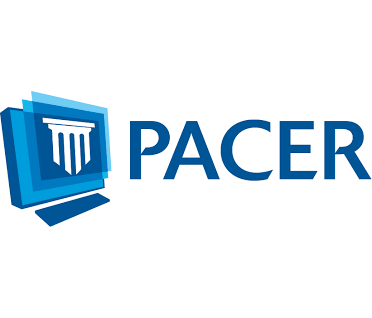Proposed legislation would eliminate PACER fees

A new bill before the U.S House of Representatives would prohibit the federal courts from charging for public documents. The Electronic Court Records Reform Act would require that documents downloaded from the PACER database be free. Currently, the repository for federal court documents charges up to 10 cents a page.
“Americans deserve a justice system that is transparent and accessible,” said Republican Rep. Doug Collins of Georgia, the bill’s sponsor, in a statement on Sept. 6. “I introduced the Electronic Court Records Reform Act to modernize the judicial records systems and remove fee-for-access barriers that technology has rendered unnecessary.”
Launched in 1988 with terminal access in libraries and offices, PACER went online in 2001, according to the Guardian. During the same time, as bandwidth and data storage grew less expensive, PACER inched up its prices from seven to 10 cents a page. Today, there is a cap of $3 when accessing case documents.
Included in the E-Government Act of 2002, the expectation was that the judiciary would only charge “to the extent necessary” to provide electronic docket information. In 2015, the federal courts pulled in $150 million in PACER fees, which is more than it costs to run the website.
The extra fees have been treated as a slush fund of sorts by the judiciary. In one instance, a judge talked openly about using excess PACER fees to improve audio and visual equipment in this courtroom.
Due to the frustration many had with the PACER paywall, advocates created tools and repositories to collect court documents and make them public. Notably, RECAP, a digital archive maintained by the Free Law Project, made a browser plugin to copy legally purchased PACER documents to put in an archive. As of August 2017, the Free Law Project had collected about 20 million of PACER’s more than 1 billion possible documents.
Beyond tearing down the paywall, Collins’ bill would also require that documents be posted to PACER within five days of being filed in federal court, in a digital format that allows for easy searching and linking from external websites. The digitization should “minimize the burden on pro se litigants,” the bill states.
The bill would also require the consolidation of the Case Management/Electronic Case Files (CM/ECF) system. Currently, each court runs a separate system, impeding searches across the federal court system.
The bill has been referred to the House Judiciary Committee. It has not been scheduled for a hearing.



